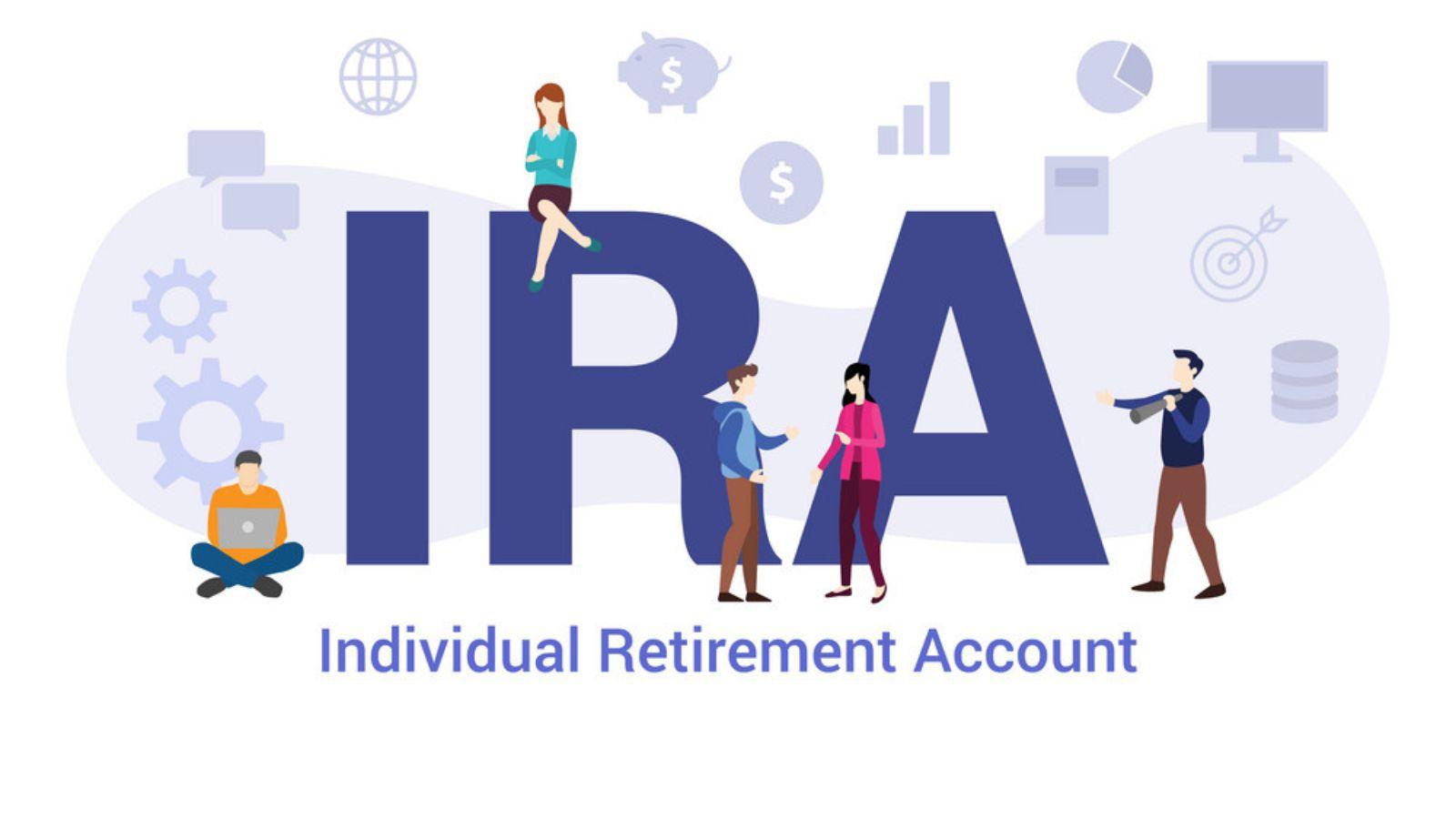
 written by Stephen Connors, CFP®
written by Stephen Connors, CFP®
Within a provision contained in the SECURE (Setting Every Community Up for Retirement Enhancement) Act, rules determining how inherited retirement account money is to be taxed were changed. This became effective January 1, 2020, impacting any IRA owners who passed away after December 31, 2019.
It is certainly lovely to be named an heir of assets after someone passes, and most of the time an inheritance has no or minimal income tax consequences. If the inheritance happens to be from pre-tax retirement accounts like IRA, 401(k) and 403(b), however, this inheritance comes with income tax consequences.
During an IRA owner’s lifetime, required minimum distributions (RMDs) must be taken starting at age 72 (prior to the SECURE Act it was age 70½), and these RMDs are subject to income tax. Prior to the SECURE Act, an heir to an IRA-type account could stretch the RMDs over his/her lifetime with no restrictions. The SECURE Act now reduces the RMD period to 10 years for some beneficiaries/heirs.
Beneficiaries now fall into two groups:
Eligible (for stretching RMDs over lifetime) beneficiaries include spouses, persons who are less than 10 years younger than the deceased, minors until the age of majority or 26 if in school, incapacitated persons and persons with disabilities.
Ineligible beneficiaries are everyone else. They must take all distributions within 10 years, so the pre-tax IRA-type accounts have a zero balance by the 10th anniversary of the death of the original IRA owner.
This ineligible group includes a lot of folks. Adult children and older grandchildren come to mind immediately. Now, is this a big deal? Yes, it is. Many Americans have spent years accumulating pre-tax retirement assets in 401(k), 403(b), 457, traditional IRAs, SEPs and SIMPLE plans. It is not uncommon to have retirement account balances over $1 million. Using this amount with evenly distributed RMDs over 10 years, an heir is adding $100,000 to taxable income each year—resulting in much higher income taxes.
The government is looking for expedited receipt of tax revenue from the millions currently held in pre-tax retirement accounts, so this new law helps with that tax collection. Financial and tax professionals are accustomed to planning for clients with large retirement accounts and how it balances with other income sources. The same planning is important for beneficiaries who claim their inheritance from IRA accounts. Factors like age and income level are important considerations for proper investing of these IRA-type accounts, along with how distributions might be managed to minimize tax liabilities.
Owners of large retirement accounts have several options to help minimize subsequent tax liabilities by heirs, especially if tax rates increase. Naming charitable beneficiaries on IRA-type accounts and directing other assets to heirs could be considered. It is also possible to fund a charitable trust or charitable gift annuity with IRA assets, which can avoid some tax consequences, provide income to heirs for their lifetimes and also provide a wonderful legacy gift to your favored charitable organization.
As always, please consider consulting with tax and financial professionals to review the best options in planning for your personal situation and how you can most effectively pass along your assets to benefit your loved ones after you’re gone. •






